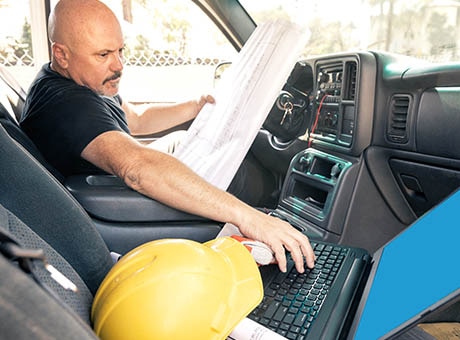Using a Personal Car for Business Purposes
Your company can reimburse an employee for using a personal car for business purposes in the form of a motor vehicle allowance. The allowance isn’t taxable if it’s reasonable under the circumstances and based on a per-kilometre calculation. You should include this benefit on the employee’s T4 slips as a taxable benefit. If you don’t reimburse the employee, they may be able to claim a deduction on their income taxes.
To determine if your car allowance is reasonable, the CRA takes into consideration the type of vehicle and the driving conditions. Many businesses use the per-kilometre rates found in the appropriate section of the Income Tax Regulations. The per-kilometre rates offer easier accounting and less tracking of expenses, which could save you time and money when filling out your business income tax forms. For 2023, the per-kilometre rates are 68 cents per kilometre for the first 5,000 kilometres driven and 62 cents per kilometre driven afterward.
These allowances may or may not cover the cost of using your vehicle, so you need to determine if this is advantageous in your particular case. If you have a small, inexpensive vehicle, 68 cents per kilometre may actually be more than your running cost, so the tax-free allowance may be profitable. Conversely, if you drive a large luxury vehicle, you may be out-of-pocket on motor vehicle expenses if you go the per-kilometre route.
The alternative is to track how many miles employees drive for business use versus their personal use. Determine how much gas they use during this time, and take into account insurance, maintenance costs such as oil changes, and even depreciation as the car’s value falls every year. For example, imagine an employee drives their personal vehicle 50,000 kilometres during the year, and 40,000 of those miles are for business use. Since 20,000 / 50,000 = 0.4, the employee can claim 80% of the motor vehicle expenses. While this method involves more record-keeping, you might see more tax savings from it if employees use their cars for business use on a regular basis.
Keeping accurate records with robust accounting software such as QuickBooks lets you easily do the math when determining whether to use a per-kilometre rate or using the actual expenses an employee incurs. One thing to keep in mind is that the kilometres driven from an employee’s home to your place of business are always considered to be for personal use.



